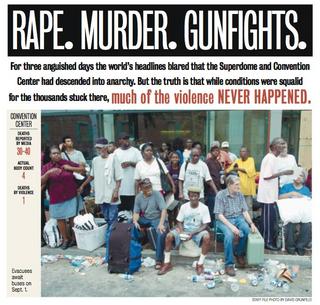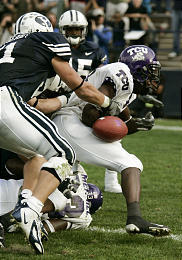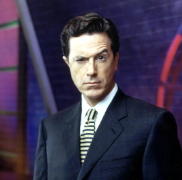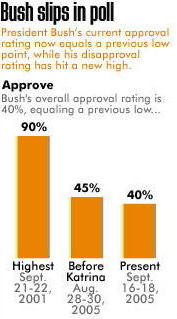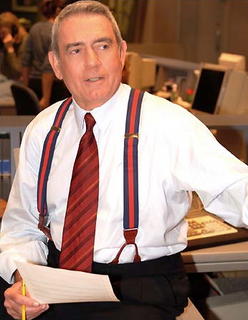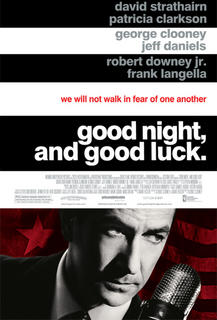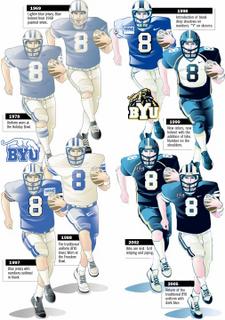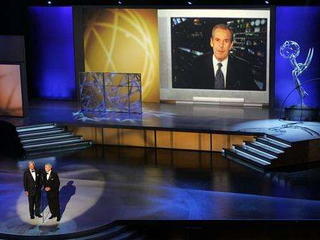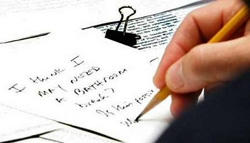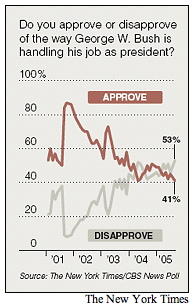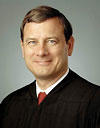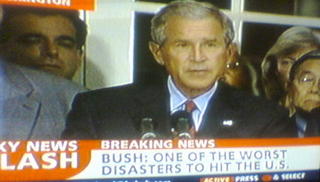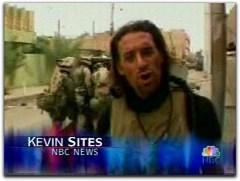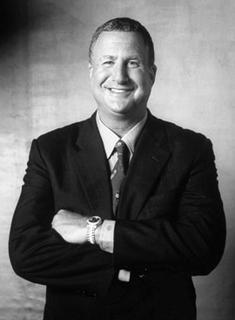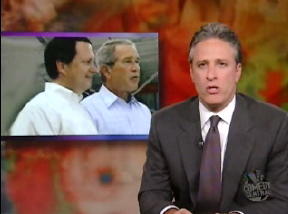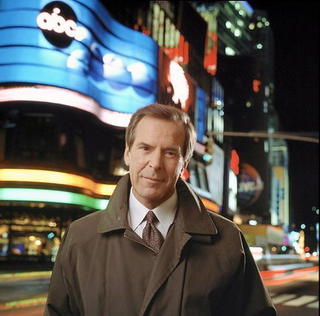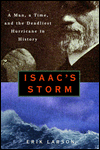Katie Couric reflects on her life and future
 Normally, I don't read AARP The Magazine (at least not yet), but this month's issue has a cover story on Katie Couric in which the Today Show anchor fires back at accusations made last spring in the New York Times that she was a "mercurial diva" whose "pereptory voice and clickety stiletto heels" sent her staff members into hiding. Couric calls such depictions "malarky," but does admit that she was unhappy with the direction of the broadcast until the network hired a new executive producer last spring.
Normally, I don't read AARP The Magazine (at least not yet), but this month's issue has a cover story on Katie Couric in which the Today Show anchor fires back at accusations made last spring in the New York Times that she was a "mercurial diva" whose "pereptory voice and clickety stiletto heels" sent her staff members into hiding. Couric calls such depictions "malarky," but does admit that she was unhappy with the direction of the broadcast until the network hired a new executive producer last spring. "I was objecting to things and I was frustrated. Frankly, when we get away from talking about issues that are important, I'm gonna be a pain in the neck. I do speak up when I think the show is doing things that are weak journalistically, or tabloidy. That makes me a target internally and externally."In addition to defending her reputation, the 49 year-old anchor made some remarkably candid comments about her personal life and speculation about her future.
Among the highlights:
- Couric has had discussions with CBS about becoming the anchor of the CBS Evening News when her contract with NBC ends in May. Couric says that "there are some appealing things" about the job, but she finds the constraints of a 22-minute broadcast to be "unappealing."
- While Couric and co-host Matt Lauer are "not exactly social buddies," Lauer said he "deeply appreciates their on-camera chemistry, which is real."
- Seven years after the death of her husband, Couric said that while she is "open" to remarrying, she's still not through grieving.
- While admitting she's not as involved as a parent as she would like, Couric says her main focus is raising her two daughters, nine year-old Carrie and 14 year-old Elie. The magazine reports that Couric and her girls live in a "lovely but not lavish apartment" because, "although she enjoys living well, she has an aversion to overly conspicuous spending."
- Raised a Presbyterian, Couric said she is now "interested in exploring a more spiritual side" of herself and is "in the process of doing that, both formally and informally." (Memo to the Manhattan Mormon missionaries: there's your cue!)
- When Couric started her career as a desk assistant at ABC's Washington Bureau, she wondered if the "endless churn of grunt work" would amount to anything and she almost gave up. She stuck with it and her career exploded when then-executive producer of the Today show (and now president of NBC) Jeff Zucker recognized her as a talent. Zucker tells the magazine: "You can teach interviewing skills, you can teach journalism techniques, but you can't teach how to be yourself on camera."

